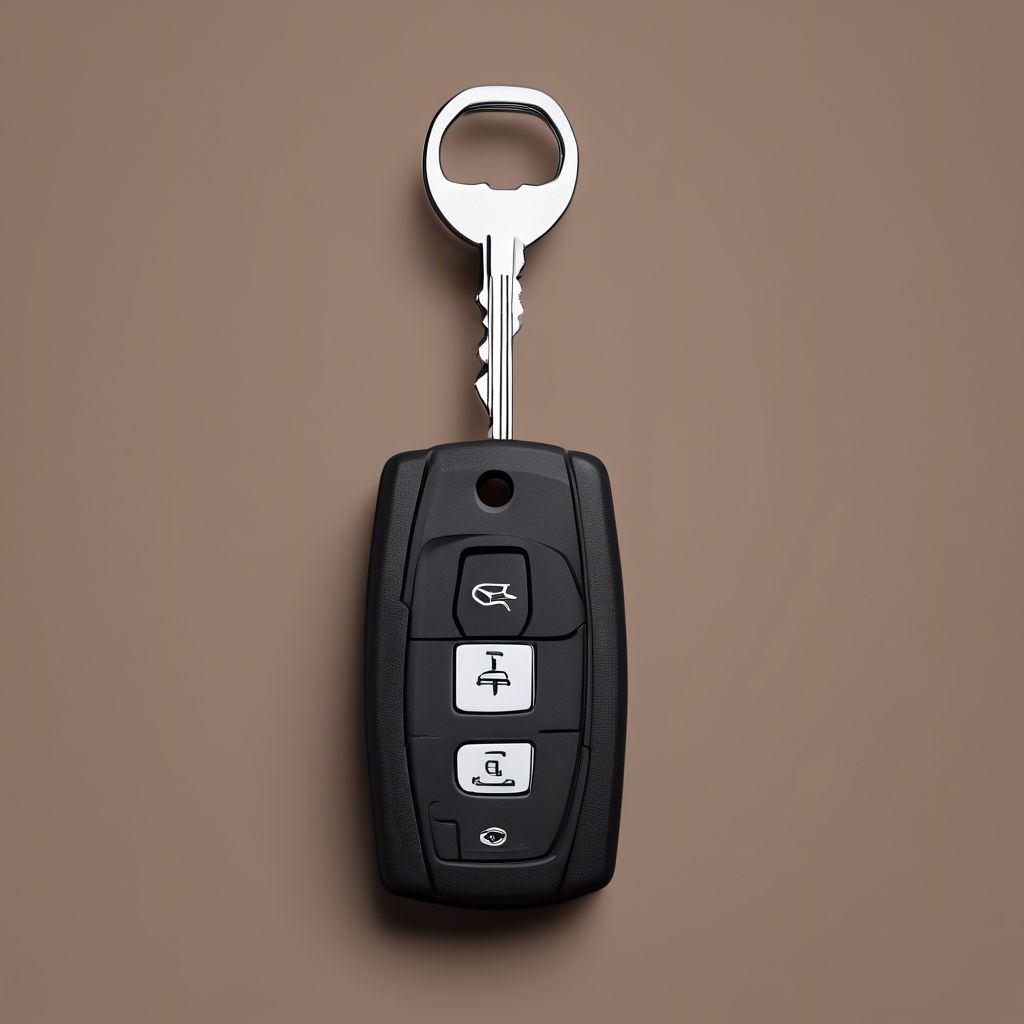There are several reasons why a car may hesitate to start. Some common causes include issues with the battery, fuel system problems, ignition system problems, and engine issues.

One of the most common reasons why a car may hesitate to start is a weak or dead battery. The battery is responsible for providing the electrical power needed to start the car, so if it is weak or dead, the car may have difficulty starting. This can be caused by a variety of factors, including leaving the lights or accessories on for an extended period of time, extreme hot or cold weather, or simply an old or worn-out battery.

Another common cause of starting hesitation is issues with the fuel system. The fuel system is responsible for supplying fuel to the engine, and if there is a problem with the fuel pump, fuel filter, or fuel injectors, the car may hesitate to start. This can be caused by a clogged fuel filter, a faulty fuel pump, or dirty fuel injectors.
Ignition system problems can also cause a car to hesitate to start. The ignition system is responsible for igniting the fuel in the engine, and if there is a problem with the spark plugs, ignition coil, or ignition switch, the car may have difficulty starting. This can be caused by worn-out spark plugs, a faulty ignition coil, or a malfunctioning ignition switch.
Finally, engine issues can cause a car to hesitate to start. If there is a problem with the engine itself, such as a broken timing belt, a blown head gasket, or low compression in the cylinders, the car may have difficulty starting. These types of engine problems are serious and should be addressed by a professional mechanic as soon as possible.
In conclusion, there are several reasons why a car may hesitate to start, including issues with the battery, fuel system problems, ignition system problems, and engine issues. If your car is hesitating to start, it is important to have it diagnosed and repaired by a professional mechanic to prevent further damage and ensure reliable performance.
